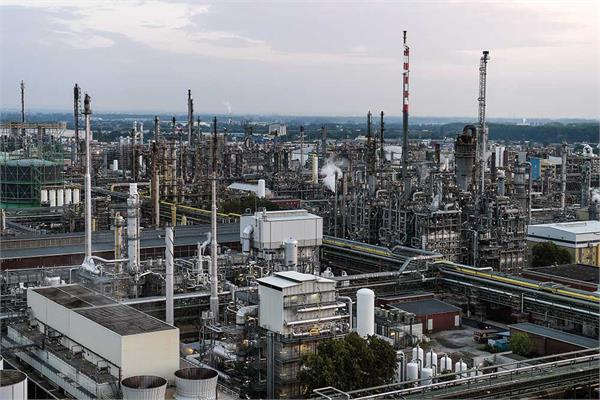
BASF presented a roadmap to achieve climate neutrality and zero emissions by 2050.
BASF has set an even more ambitious goal on its journey to climate neutrality. In fact, the company not only wants to achieve net zero emissions by 2050, but aims at reducing its greenhouse gas emissions worldwide by 25% (compared to 2018) by the next 9 years, which means cutting CO2 emissions in half in the current business by the end of this decade.
Overall, BASF plans to invest up to €1 billion by 2025 to reach its new climate target and a further €2 billion to €3 billion by 2030.
“The new climate goals underscore our determination and BASF’s commitment to the Paris Climate Agreement. Climate change is the greatest challenge of the 21st century. In response, we must adapt our processes and our product portfolio. We need to accelerate this transformation now. We must first concentrate on the initial steps of this journey, not the final ones. That is why BASF will increase its use of renewable energies. And we will accelerate the development and deployment of new CO2-free processes for the production of chemicals. With transparency and offerings to systematically and incrementally reduce the carbon footprint of BASF products throughout the entire value chain, we help our customers in all industries to reduce the carbon footprint of their own products,” said Martin Brudermüller, Chairman of the Board of Executive Directors of BASF SE.
The ongoing projects
BASF, in collaboration with partners, is currently working on new technologies that will replace fossil fuels such as natural gas, with electricity from renewable sources. The scale up of these technologies will only be possible after 2030; meanwhile, in order to accelerate the avoidance of CO2 emissions prior to that date, BASF is improving processes of existing production plants.
Some of the new projects that BASF is currently working on include:
- the world’s first electrically heated steam crackers for the production of basic chemicals such as ethylene, propylene and butadiene;
- new process technology for the water electrolysis and methane pyrolysis to achieve CO2-free production of hydrogen;
- electrical heat pumps to produce CO2-free steam from waste heat;
- one of the largest carbon capture and storage (CCS) under the North Sea, which creates the opportunity to avoid more than 1 million metric tons of CO2
emissions per year from the production of basic chemicals.
In addition, BASF will progressively switch to renewable sources to meet its electricity needs and intends to invest in wind parks to facilitate this. In fact, it is expected that the switch to climate-neutral production processes will lead to a sharp increase in electricity demand at the group’s major sites in the coming decade. From around 2035, the group’s electricity demand is expected to be more than three times higher than it is today.
“This will require investments for the development and construction of new production plants. A precondition for the transformation of chemical production is the reliable availability of large quantities of renewable electricity at competitive prices. At the moment, that is not the case in Germany. BASF therefore aims to participate in investments in renewable energy generation facilities to meet its own demand. Regulatory framework conditions are also essential for making this transformation economically feasible,” added Brudermüller.
In order to make it possible to fulfil all this, BASF is trying to secure funding from European and national programs such as IPCEI (Important Projects of Common European Interest).
“We are convinced that ultimately all players involved will work together to make this once-in-a-century transformation economically successful. This also includes consumers accepting higher prices for CO2-free products throughout the value chain to offset higher operating costs and additional investments. To achieve this, we need new cooperation between industry and policymakers that leads to positive, outcome-oriented regulations and preserves our international competitiveness,” concluded Brudermüller.